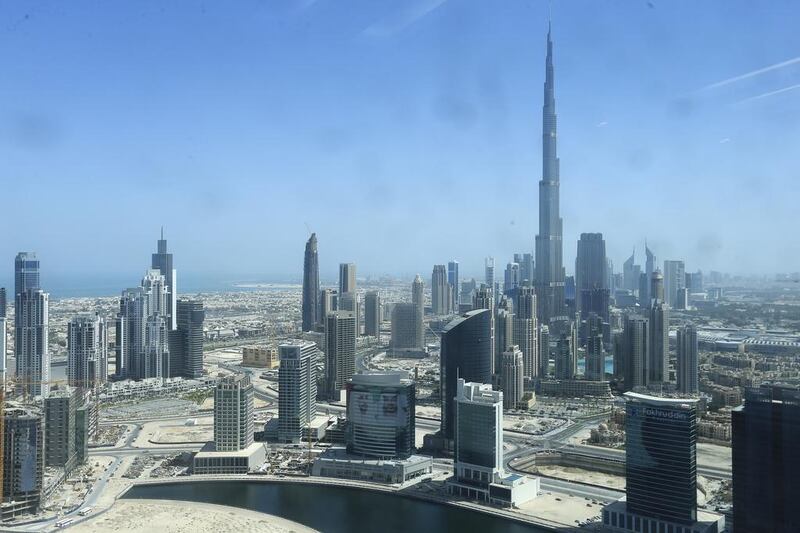The government of Dubai has repaid Dh7.1 billion of sukuk (Islamic bonds) taken out at the height of the global financial crisis.
The sukuk were repaid on schedule yesterday, in another sign that the emirate is back on financial track after the crisis.
A statement from the Dubai department of finance said: “Upon maturity, all the outstanding certificates were redeemed in full by making the required payment through the paying agent to the holders of all outstanding notes, along with accrued profit.”
Abdulrahman Al Saleh, the director general of the department of finance, said: “This settlement reaffirms the Dubai government’s commitment to deal with its repayment obligations in a proactive manner. It also strengthens the government’s resolve to honour all its financial obligations on time”.
The sukuk was part of a programme of bond issuance launched just before the financial crisis hit Dubai in November 2009.
The repayment-on-schedule fits a pattern of Dubai financial policy since the crash, by which obligations to sukuk and bond holders have been satisfied in full and on time, while debts to bank and other creditors have been restructured and renegotiated.
Government-owned Dubai World is in the final stages of renegotiating a $15.4bn debt package overhanging from the 2009 crisis, with the promise of early repayment in some of the debt in return for loan extensions and offers of equity collateral.
Khalid Howladar, the global head of Islamic finance at the ratings agency Moody’s Investor Services, said: “Paying in accordance with obligations is what the market expects and this announcement is in line with that.”
Dubai’s booming economy acts as a financial cash cow for the government by way of dividends from government-related enterprises (GREs), business licences and other commercial charges. This has enabled corporates like Nakheel, the property developer formerly owned by Dubai World, to repay big debts ahead of schedule.
One financial expert, who did not want to be named, said: “There is a lot of history to this, and repaying on time is a clear signal that the problems of the past are not going to recur.
“Dubai wants to keep international capital markets happy, because it has a lot of funding to do ahead of Expo 2020 and bond issues are essential to do that. But to balance the books it must also get on with some asset disposals to raise cash for repayments to banks too,” he added.
Dubai still has relatively big debts. According to the IMF, total indebtedness of government and GREs is around $140bn, compared with GDP around $100bn, although the fund is in the process of recalculating the aggregate figure to take account of recent repayments.
fkane@thenational.ae
Follow The National's Business section on Twitter





